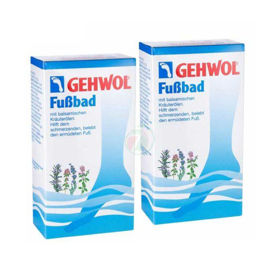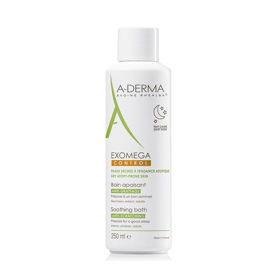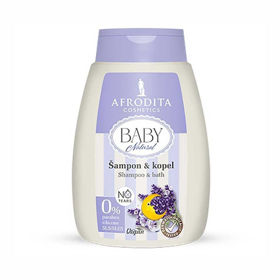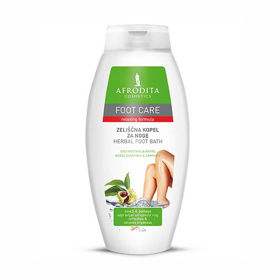Customer question:
How does skin inflammation manifest itself, and how can I help myself? Question from an anonymous customer
Pharmacist's answer:
Inflammation of the skin is a sign of an immune response. Symptoms may include redness, warmth, swelling, pain, and itching. Rashes, hives, plaques, or blisters may also occur. The cause or trigger of skin inflammation can be acute, such as an allergy or a bacterial, viral, or fungal infection, or chronic, such as a sudden autoimmune disease such as psoriasis.
You can often treat skin inflammation at home, but if symptoms persist and become bothersome, you must see your doctor to diagnose the problem and prescribe treatment. Some symptoms of skin inflammation can also be signs of a severe infection or allergic reaction.
See your doctor if you experience any of the following symptoms:
- rash covering the whole body or most of the body
- fast-onset irritation or rash that spreads quickly
- a rash with blisters, especially on the skin around the eyes, mouth, or genitals
- discharge, swelling, warmth, or red streaks coming from the rash
- the rash is painful to the touch
Here are some tips to reduce skin inflammation naturally:
- Take shorter, more excellent showers or baths: bathing too long dries the skin too much, disrupting the moisture balance and destroying the skin barrier. Bathing with water that is too hot can remove too much of the skin's protective layer, further causing dryness and cracking. Use lukewarm water; don't stay in the bath or shower for more than 10 to 15 minutes.
- Use moisturizers: make sure your skin is well moisturized to restore the skin barrier and prevent dryness and cracking. Look for fragrance- and dye-free lotions formulated for sensitive skin.
- Try an oat bath: oat baths have long been recommended for irritated skin. Look for a product made with finely powdered oat flour and ready for skin care. Sprinkle the oats directly into the bath water and limit the soaking time to 15-20 minutes.
- Avoid allergenic, drying soaps: your dermatologist or doctor may recommend a gentle soap without foaming ingredients that can damage the skin barrier. Unscented, soap-free cleansers are usually the best skin care products for inflamed skin.
- Avoid fragrances and dyes in skin care products: fragrances and dyes are often associated with chemical skin irritation and are not recommended for your skincare routine.
- Avoid stress: stress is a common trigger for many inflammatory conditions. Reduce stressors and try simple relaxation strategies that fit your lifestyle, such as meditation, walking, or breathing exercises where possible.
Interesting reading: Cystitis forum
Interesting reading: Gum inflammation forum












 Facebook
Facebook
 Instagram
Instagram
 info@moja-lekarna.com
info@moja-lekarna.com

